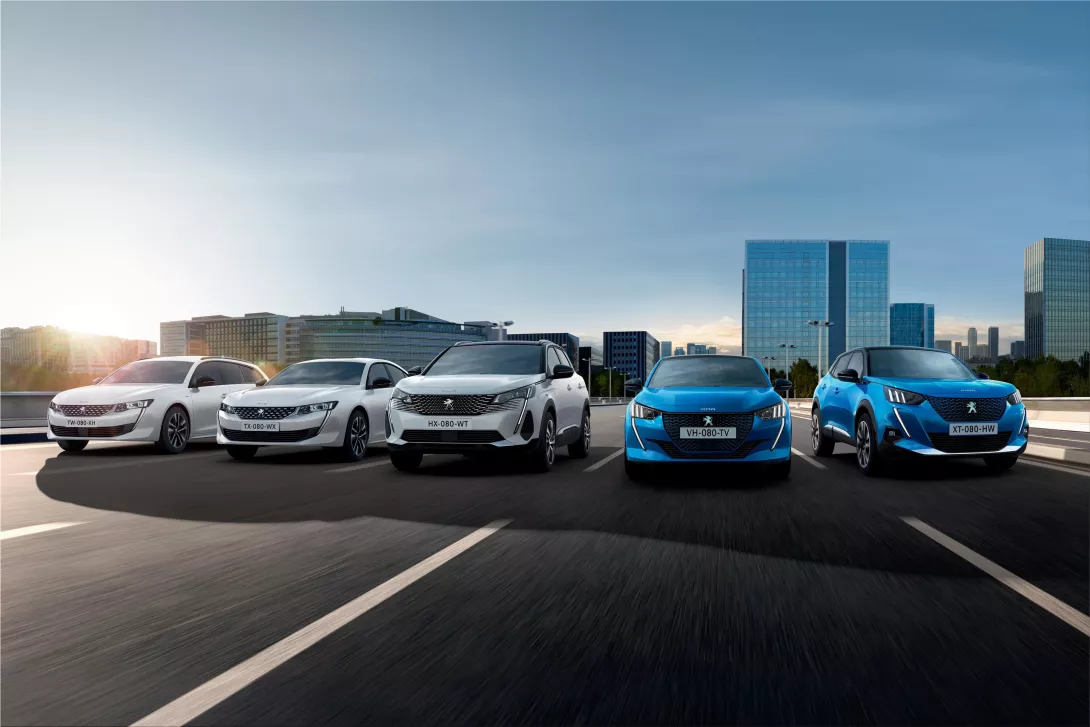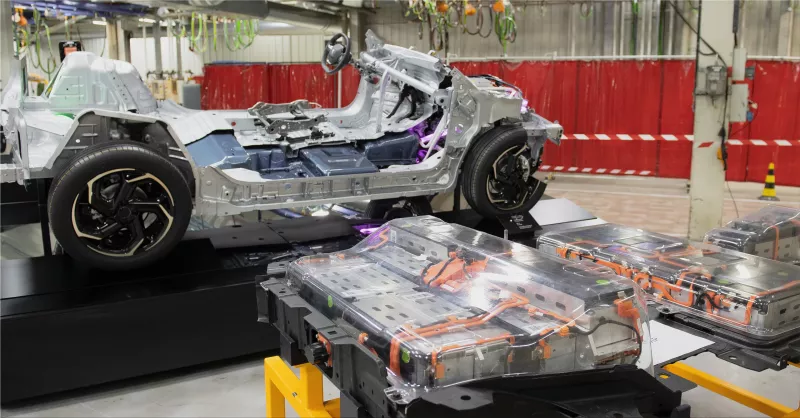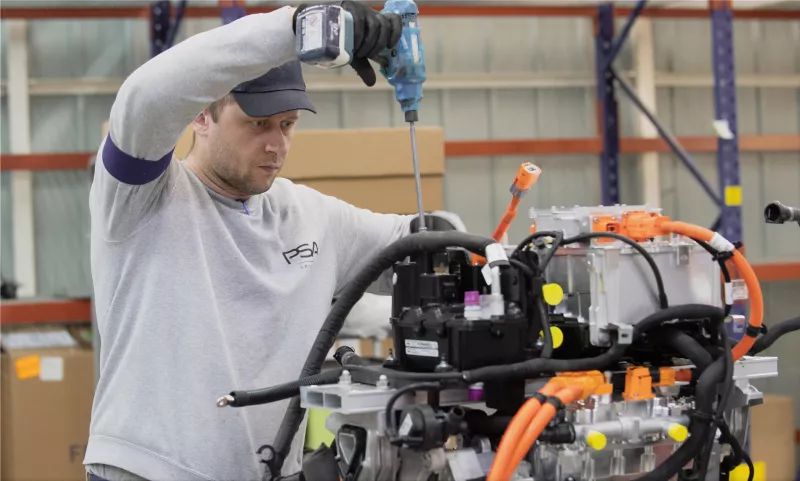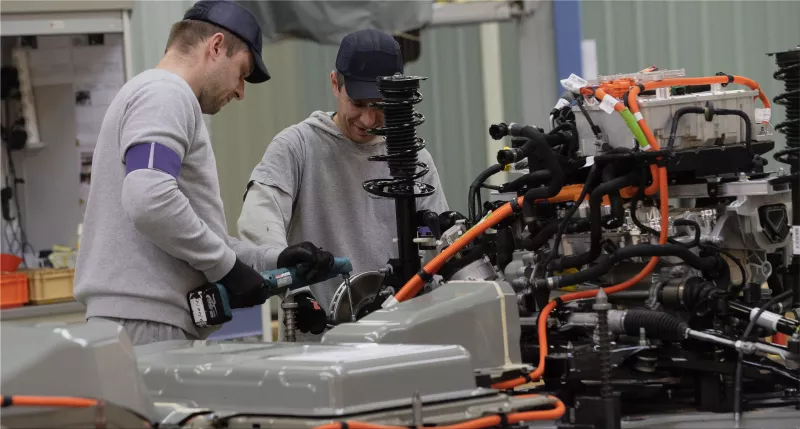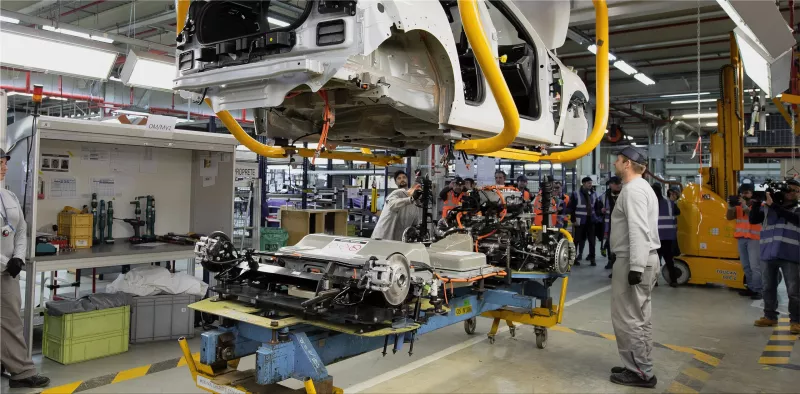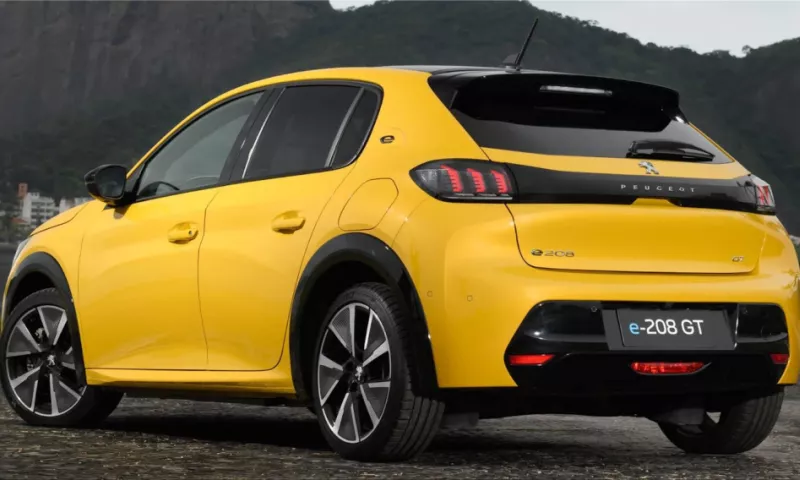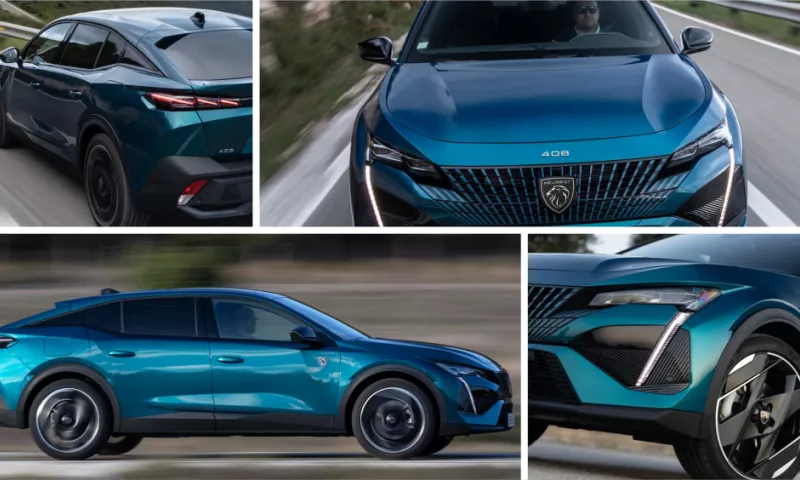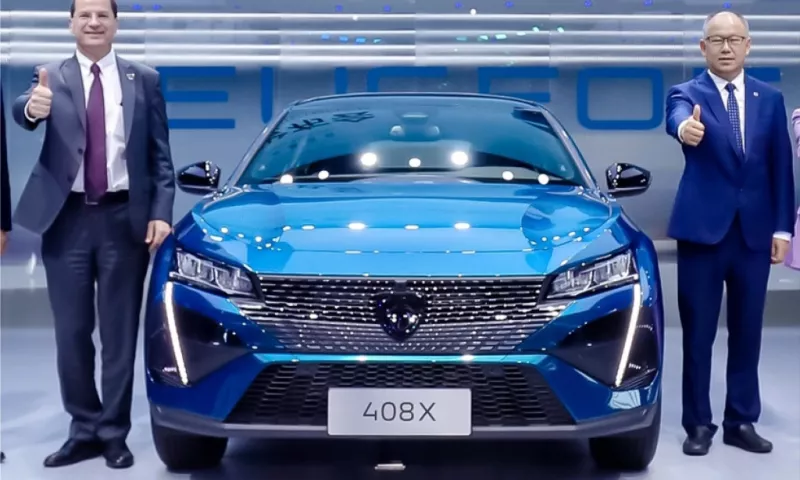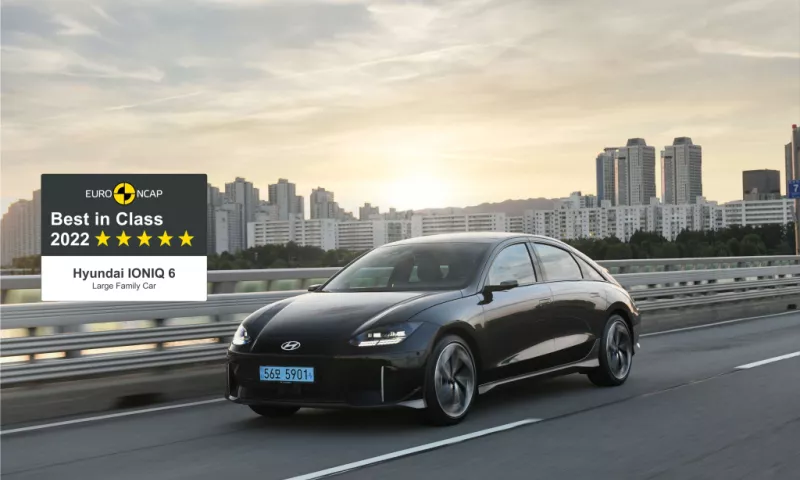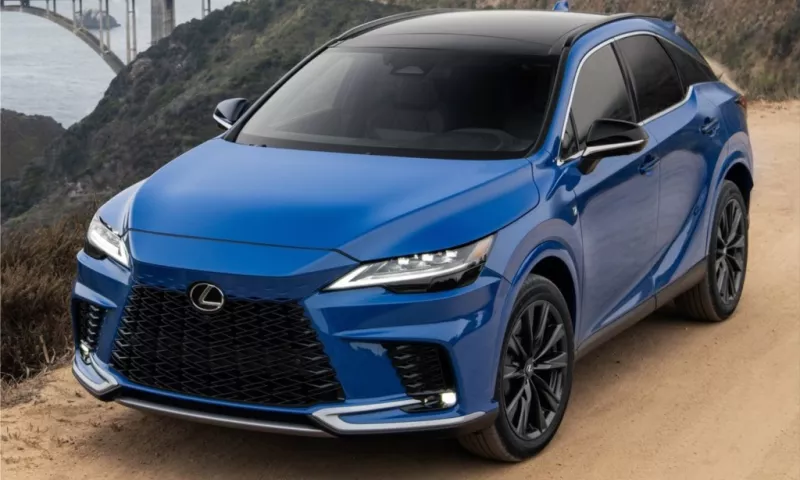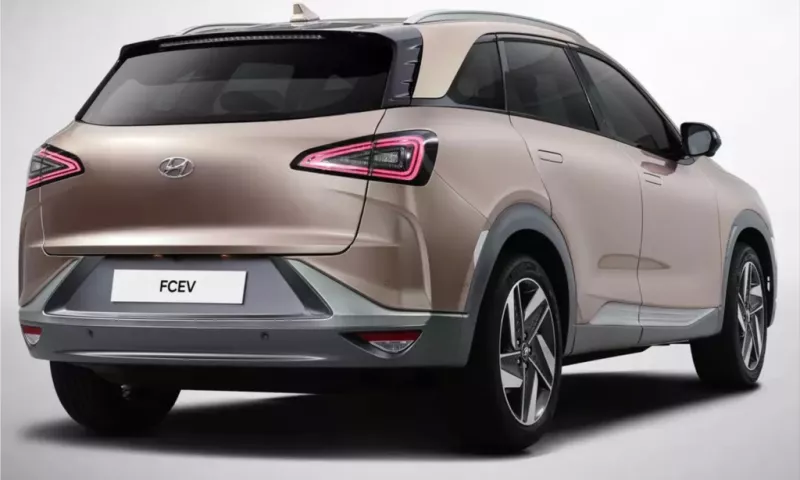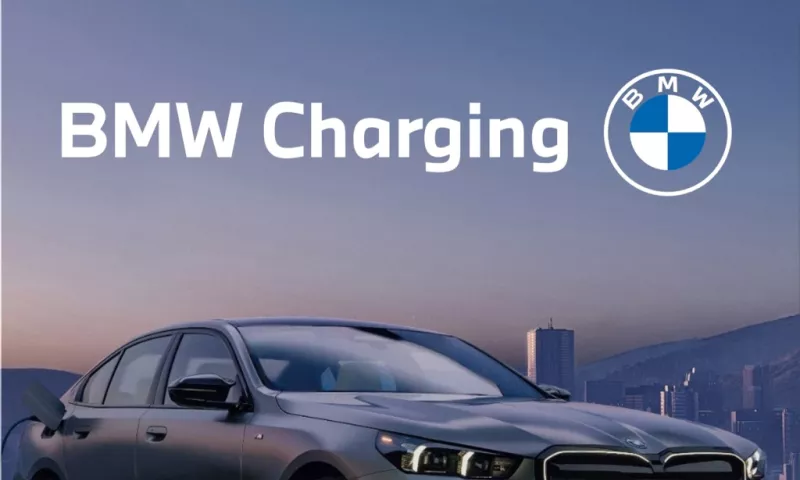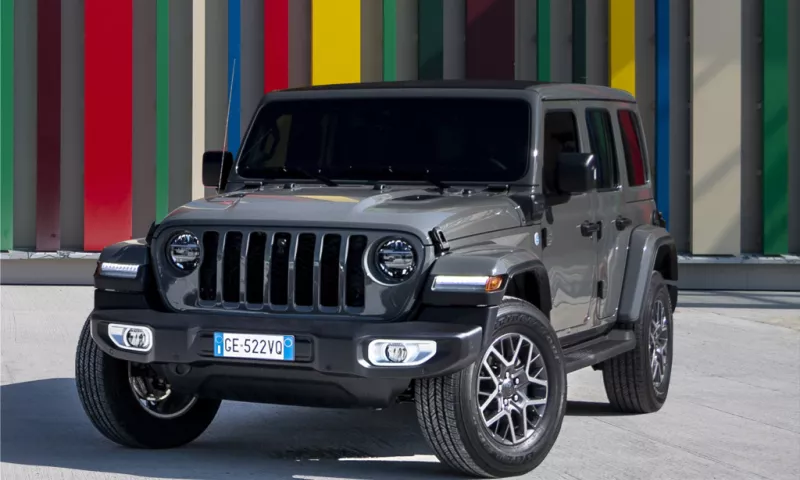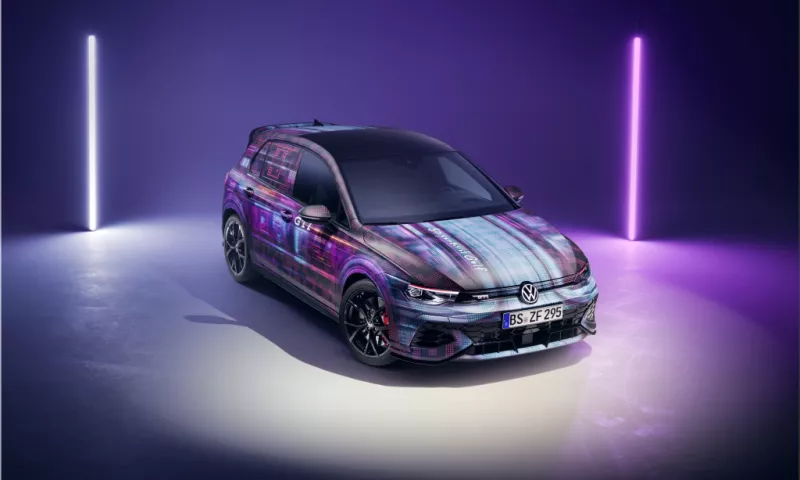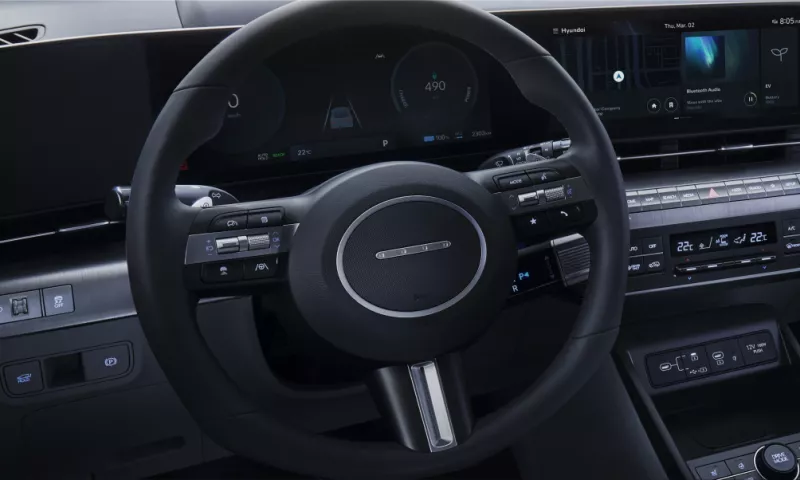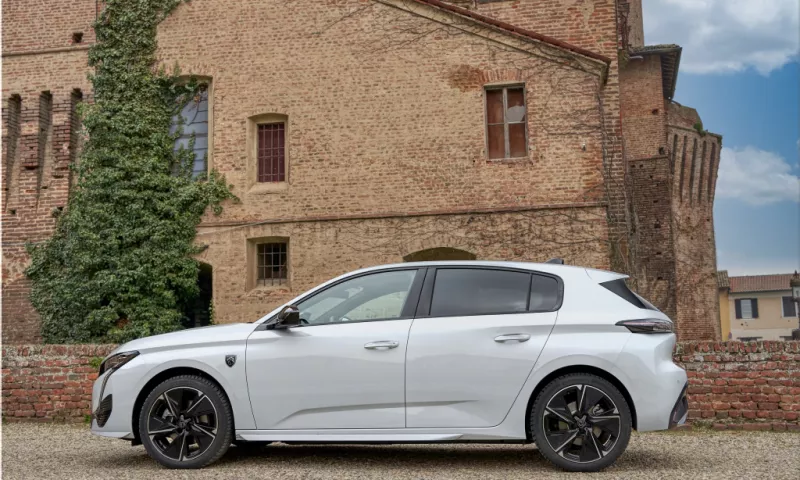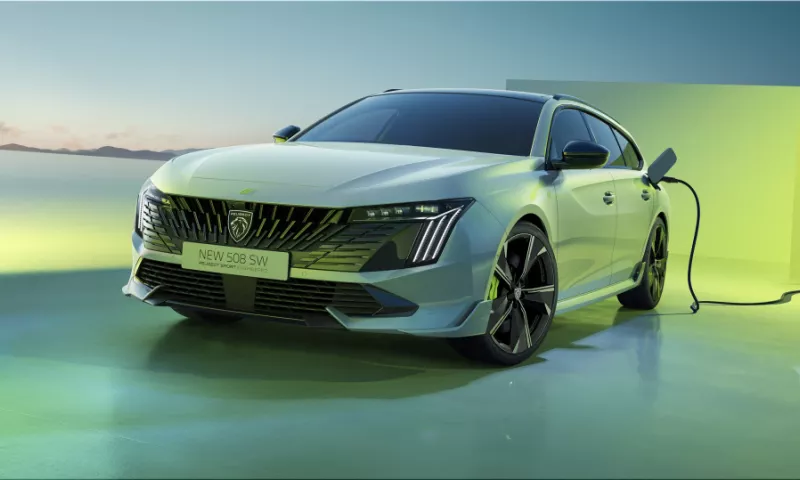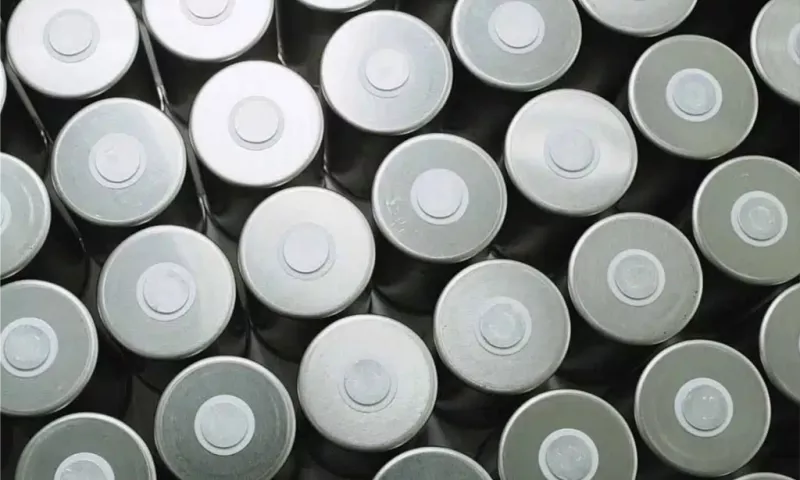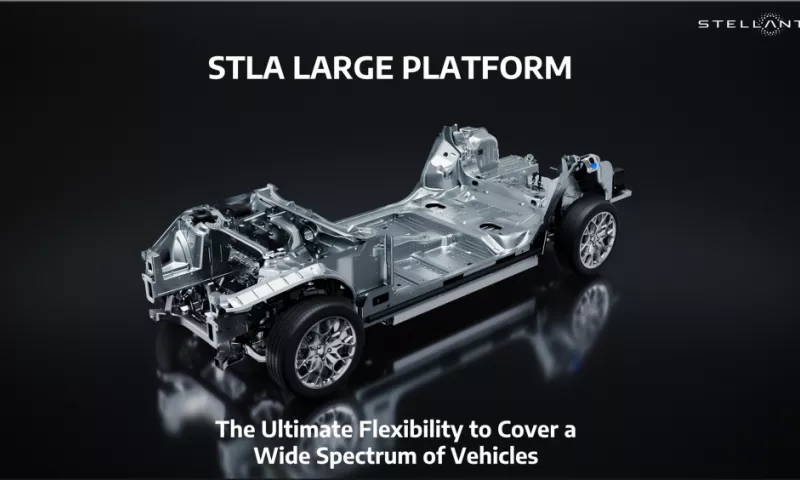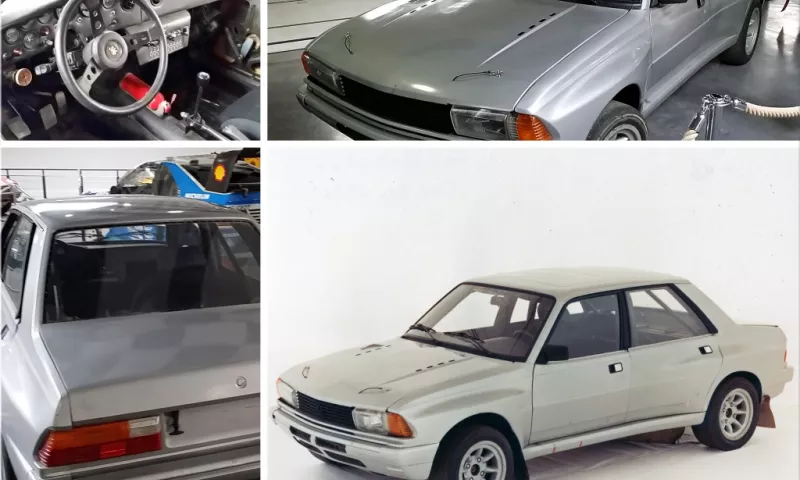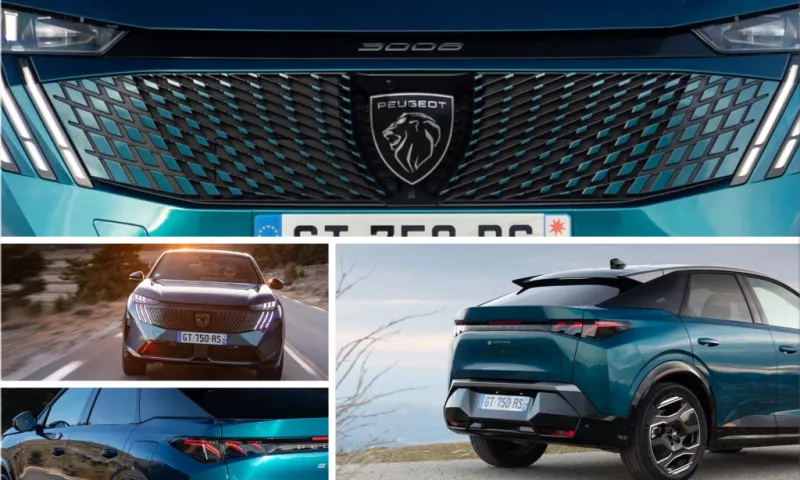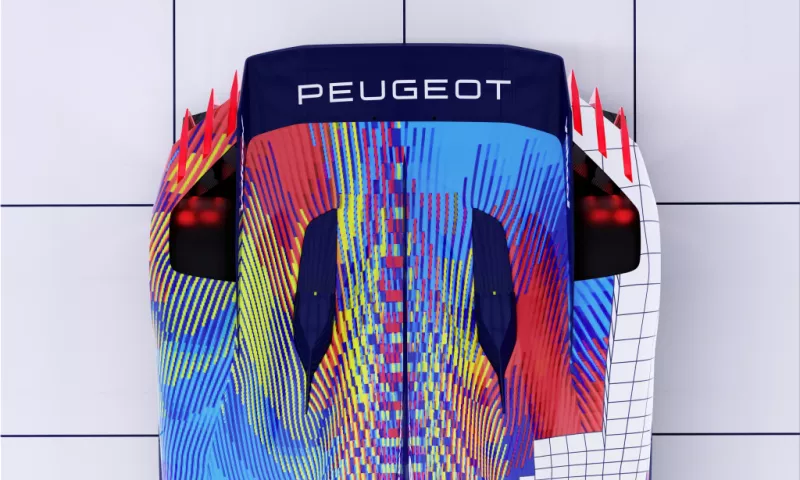Due to the growing number of electrified models, Peugeot and the rest of the Stellantis Group are training more specialists to build and repair these vehicles. The assembling and testing of the batteries are under their purview of duty. One of Peugeot's core values is top performance, and the experts represent that ideal. They are given specialized training and then sent to the European plants of the French automaker in Spain, Slovakia, and France. The quality, efficiency, and longevity of each battery are ensured by rigorous testing. Peugeot electric versions, plug-in hybrids, and light commercial vehicles utilize these batteries.
With the release of the all-electric Peugeot 408 in 2022, Peugeot's push toward electrification picked up speed. The Peugeot 408 complements the Peugeot 308 and the 100% electric LCVs in the Peugeot plug-in hybrid lineup. More than 70% of Peugeot models sold worldwide in 2022 were electric cars.
